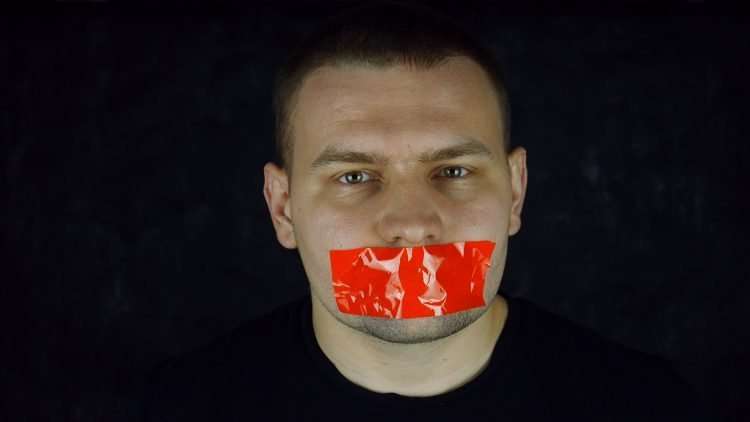Social Media Censorship

The topic of social media censorship serves as a stimulating conversation topic for English learners, as it delves into current events, digital communication and freedom of expression. Engaging in discussions about this topic allows learners to practice expressing their opinions, analysing arguments and debating ethical dilemmas. It also provides an opportunity to expand vocabulary related to technology, media and censorship. Conversations on social media censorship enable learners to improve their language skills while gaining a deeper understanding of the complexities surrounding online communication, privacy and the power dynamics within the digital realm.
About Social Media Censorship
Social media censorship has emerged as a contentious and complex issue in the digital age. With the rise of online platforms, questions surrounding freedom of speech, misinformation and user safety have come to the forefront. Social media companies face the challenging task of striking a balance between maintaining open communication and safeguarding against harmful content.
This topic delves into the ethical, legal and societal implications of social media censorship, exploring its impact on public discourse, democracy and individual rights. Understanding the complexities of social media censorship is crucial in navigating the evolving digital landscape and its consequences on global communication.
Useful Vocabulary
Try and use the following vocabulary when answering the question. Click to look up the definition in the dictionary
Conversation Questions
- Do you think social media platforms should censor people? If so, in what circumstances?
- In general, what do you think of the negative effects and the positive effects of social media censorship?
- What are some examples of censorship on social media platforms that have occurred in recent history?
- How do social media companies determine what content to censor?
- How does censorship on social media compare to censorship in traditional media?
- How do censorship policies on social media impact the ability for businesses to advertise on the platform?
- How do censorship policies on social media differ between countries?
- Should social media companies be responsible for fact-checking and removing false information?
- Are social media platforms responsible for controlling the spread of misinformation, or should individuals be accountable for verifying information themselves?
- Can social media censorship have a positive impact on society, such as reducing hate speech and protecting vulnerable communities?
- Do you believe social media censorship can influence public opinion and shape political discourse? How?
- How can we strike a balance between protecting user safety and preserving freedom of expression on social media?

